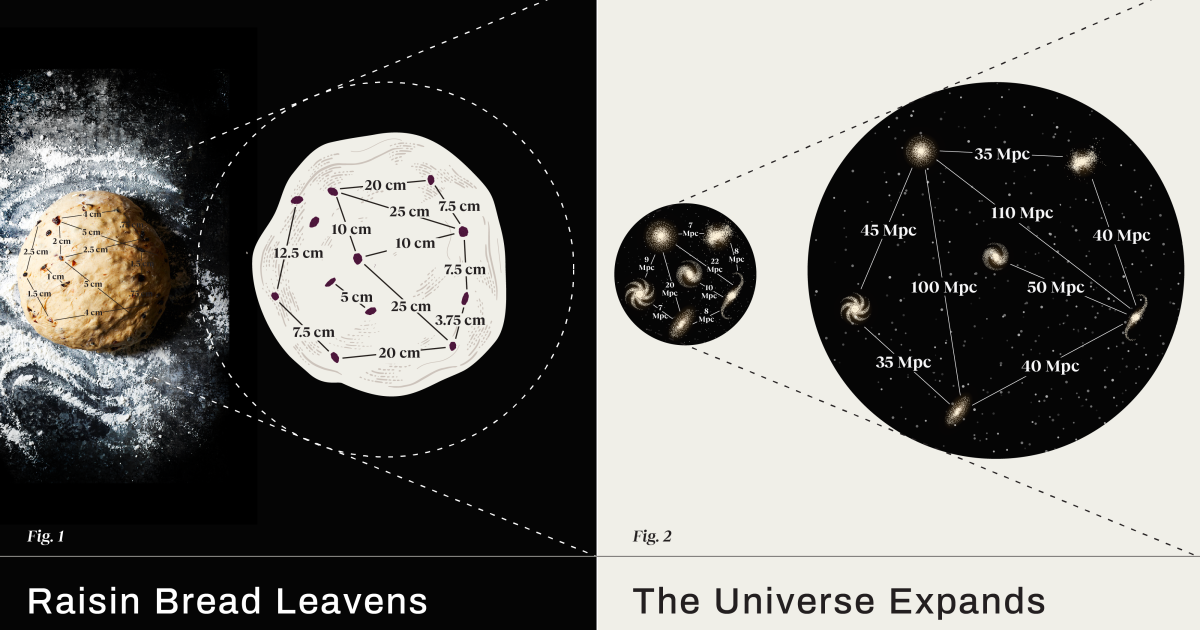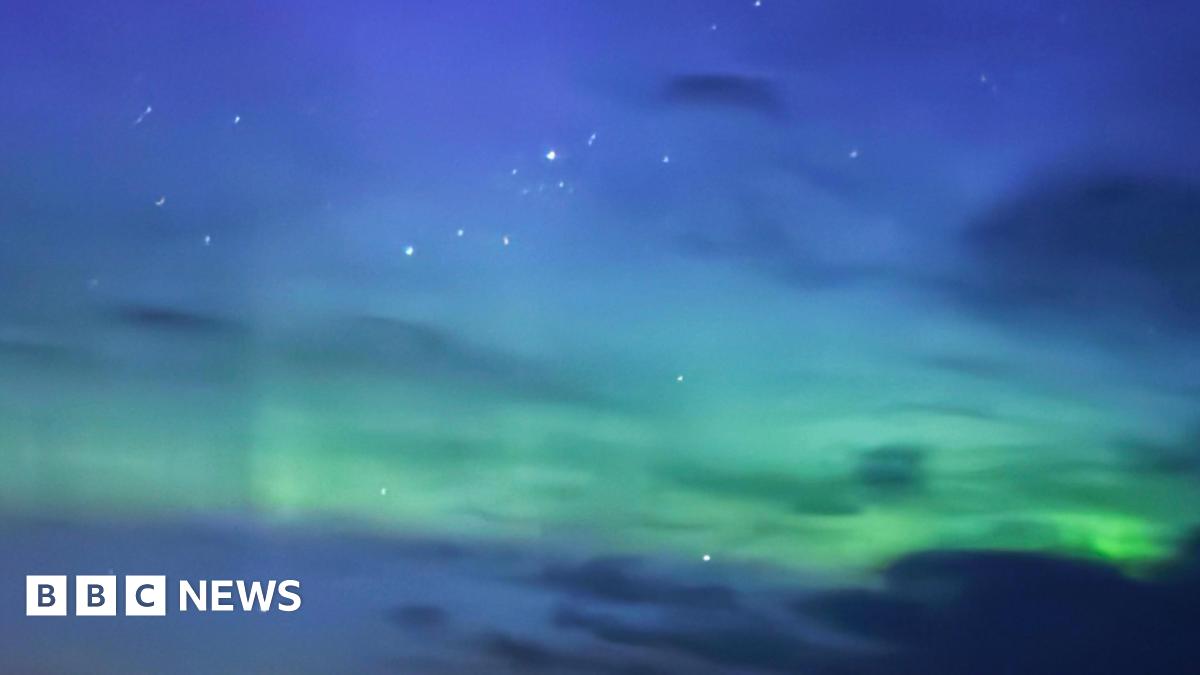The more you go into this stuff the more you think yourself lucky to have had a few years of existence walking about on this planet in an incomprehensibly vast and ancient universe.
I was explaining to my grandson this morning that every atom in his body had come from an old star that went off as a supernova billions of years ago, and certainly longer ago than 4.5 billion years when our solar system formed. All the heavy atoms such as carbon and oxygen, and calcium and all the rest which make us up that are not hydrogen, could only have been formed through nuclear fusion inside a star and many of them need the pressure of a supernova to be formed. As someone said, (Carl Sagan) "We are made of star stuff."
To be fair, since we are mostly by weight made of water and since water is made of hydrogen and oxygen, we do have a lot of hydrogen in us that did not need to go through nucleosynthesis to form heavier atoms. He was also quite tickled by the idea that all the water in him and which he drinks was made before the earth and sun and all the solar system formed.
On the numbers of stars and galaxies:
Over the years the numbers given out are changing quite a lot. It used to be said that our galaxy has a 100 Billion stars, but the current estimate has gone up a lot to 400 Billion. The reason being that the most common stars are red dwarfs and they are smaller and dimmer than our sun (a yellow M type dwarf star) and because they are dim, they mostly went un noticed. The nearest star to us, Proxima Centauri, is in the Alpha Centauri group of three stars and you can't even see it without a telescope.
As for galaxy numbers, that calculation is changing massively too, because we have better and better telescopes coming online. And saneagle's point about 'the OBSERVABLE' universe is important too, because ultimately, even with the most amazing telescopes, most of the universe can never be seen because it appears that space is expanding at a bizarre speed so the light from these very distant parts can never reach us. I think most cosmologists are content to have it said that the universe is likely infinitely large and infinitely populated by galaxies and most of them contain billions of star systems - about a tenth of them, stars like ours.
When the Hubble telescope spent a few days peering at an empty patch between the galaxies down a tiny straw like tube as far as its field of view was concerned, it spotted tens of thousands of galaxies that had never been seen before. The James Webb telescope is an order of magnitude more powerful so there are likely limitless galaxies in reality.
When saneagle said above that there were maybe two billion galaxies in the observable universe, he probably meant 2 trillion. That is the current estimate. With so many noughts in this stuff it is easy to lose or gain a few. Mind boggling.


















